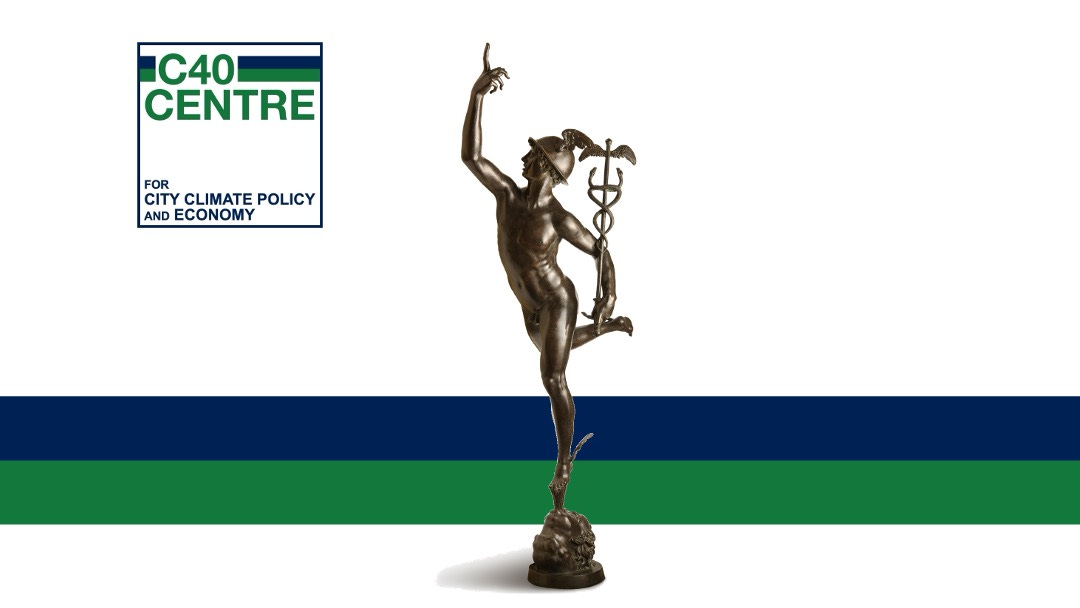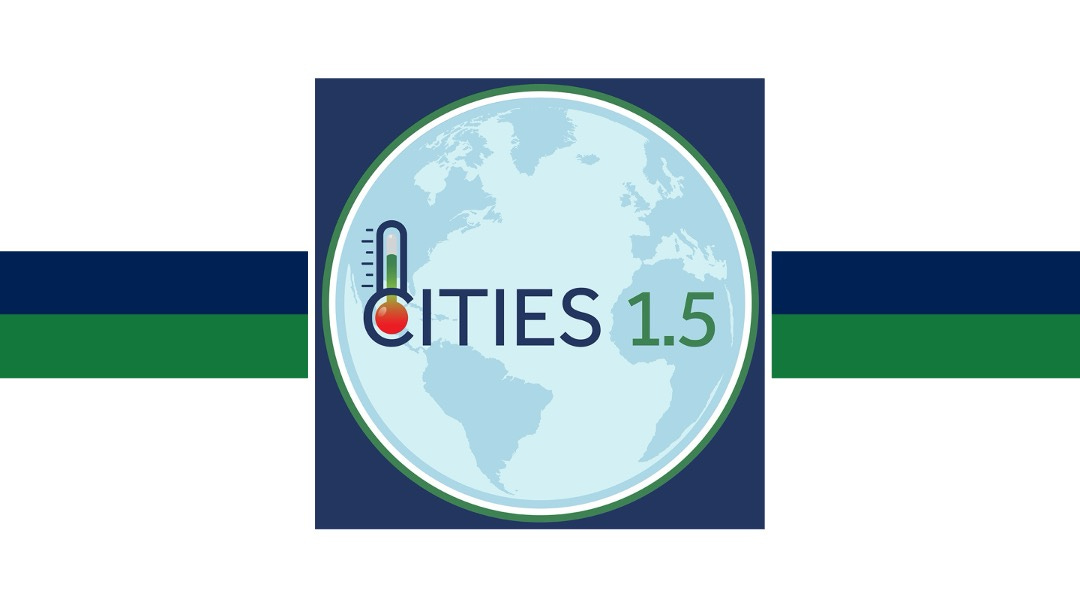Don’t shoot the messenger—choose them wisely
Clues for navigating our times from the climate communications literature
It is easy to feel confused by politics today. Saying one thing and doing the opposite no longer seem a hindrance to electoral success but its secret. However, considered through the lens of communication science, what we see is not surprising but an extreme confirmation of one of its fundamental tenets: messenger over message.
Climate communications can be loosely divided into two schools of thought. One focuses on strategies to increase the salience of climate issues as a way to effect policy changes. Its most fervent proponents are polling companies that sound the alarm when climate change doesn’t feature among survey respondents’ priority issues. As a result, experts develop a host of messaging to edge the topic up the list, taking advantage of key communications opportunities—moments of weather disasters or global climate conferences— when the collective attention momentarily turns towards climate change.
Strategies like these sometimes yield success. However, it is a laborious task to keep climate as a top of mind issue as it competes with all the other topics people care about. If not doomed to fail, this approach is at least doomed to struggle because it is based on the outdated assumption that humans are rational beings that can be reasoned into changing their opinion if only they receive the right facts. Given the scale-back of climate policies around the world and the simultaneous worsening of climate impacts, we can’t anticipate success by using a communications approach that is trying to overcome human nature.
The other school of thought can be summarised as “meeting people where they are at”. Climate doesn’t feature among people’s top concerns? Then what issues do? Security? The economy? It is here where the magnitude of the impact of global heating comes in handy for a change. As climate change impacts every aspect of our lives, it should be possible to tell the story of climate action through the everyday values and issues people are already thinking about.
Once the values that resonate with people are defined, the prime challenge becomes not how these are communicated, but by whom. Human beings are tribal. We have a tendency to trust someone more easily who looks like us, someone we consider part of our in-group. Repeatedly, family and friends are cited among the audience's most trusted messengers. Belonging trumps fact-checking: once we have decided to trust a messenger, it almost doesn’t matter what they say.
Given the seeming hold of trusted messengers on their audience, the critical question in 2025 becomes: who are they? And, from the perspective of a climate organization of mayors, how do you become one? Anyone who proposes to have one answer applicable to all cannot be grounding their response in academic research, to put it mildly. Trust is often highly subjective and factors that impact trust are regionally specific. However, decades of social science research give some generalisable clues:
“how we perceive other people's credibility is informed by our assessments of them on three broad dimensions: expertise, trustworthiness, and benevolence. Perceived expertise involves seeing the other person as having the knowledge, skills, and competency required to provide accurate information (Pornpitakpan 2004). Perceived trustworthiness involves seeing the other person as having a truthful intent (Hovland et al. 1953). Perceived benevolence involves seeing the other person as possessing goodwill and having our best interests in mind—i.e., caring about us (McCroskey & Teven 1999)” (Source)
Putting specifics to these principles, here is a list of professions that the research has shown as trustworthy for some audiences at some points in the past:
Weathercasters
Health professionals
Scientists - however, when an audience doesn’t know the scientists who is communicating, their trust is likely to be more volatile
Local actors - including in many places, local politicians. ‘Elbows Up for Climate Action’ is a recent example of Canadian mayors leveraging that power.
The lack of an unambiguous answer doesn’t mean that asking the question is futile but makes it all the more important. ‘Who do people already trust and can we work with them?’ should become as essential a question as ‘How can we make climate a more salient issue for voters?’’. If we keep both in mind, we stand a better chance of cutting through with climate messages in 2025.
🎧 The latest episodes of the Cities 1.5 podcast
In a special standalone episode, David Miller welcomes a returning guest to Cities 1.5: economist, author and director of Centre for the Understanding of Sustainable Prosperity Tim Jackson. They talk about Tim’s new book The Care Economy, a guide for a new economic model centred on the health of people and planet.
In last week’s episode, David Miller was joined by Carlos Moedas, Mayor of Lisbon, and Kathy McLeod Baughman, CEO, Climate Resilience for All to explore the importance of combining mitigation and adaptation actions, like innovative parametric heat insurance projects, and equitable public transportation initiatives, with community informed policies to help build resilient cities that will be able to withstand the increasing impacts of climate change.
📚 What we are reading
: I have been reading Hey guten Morgen, wie geht es dir? (“Hey good morning, how are you?”) by Martina Hefter, the 2024 winner of the German Book Prize. The novel follows a female character who seeks relief from doing care work for her partner through online chats with a messenger behind a mask: an Instagram love scammer.
: Last week’s CBC Podcast newsletter with a mention of our very own Cities 1.5!
: I’ve just finished The Tyranny of Merit by Harvard Professor Michael Sandel. A fascinating look at the moral limits of meritocracy and at the damage our obsession with it inflicts on our society.






